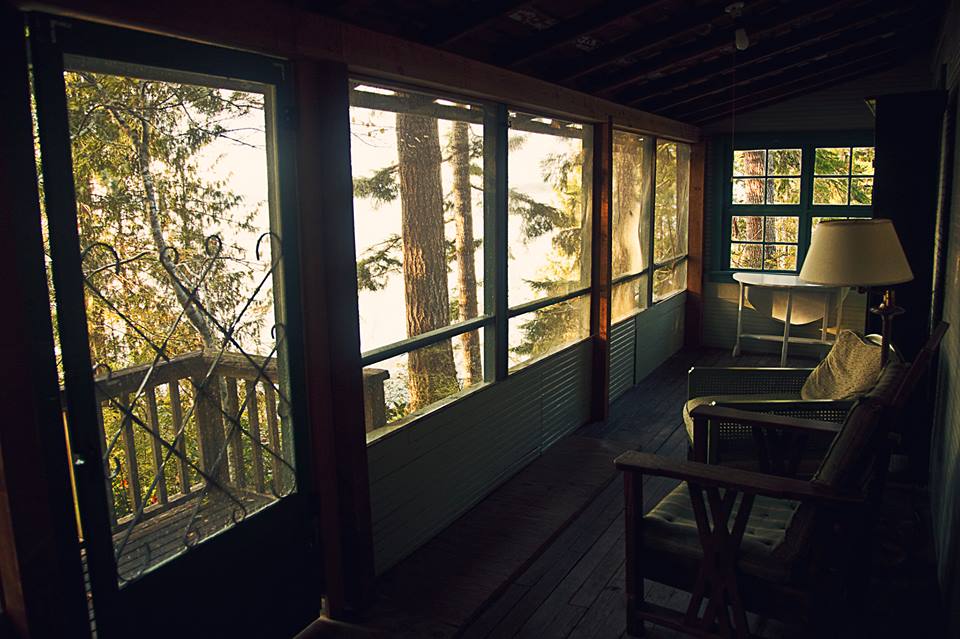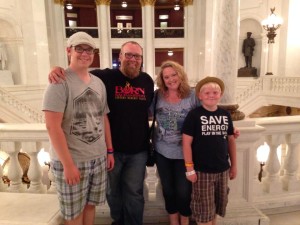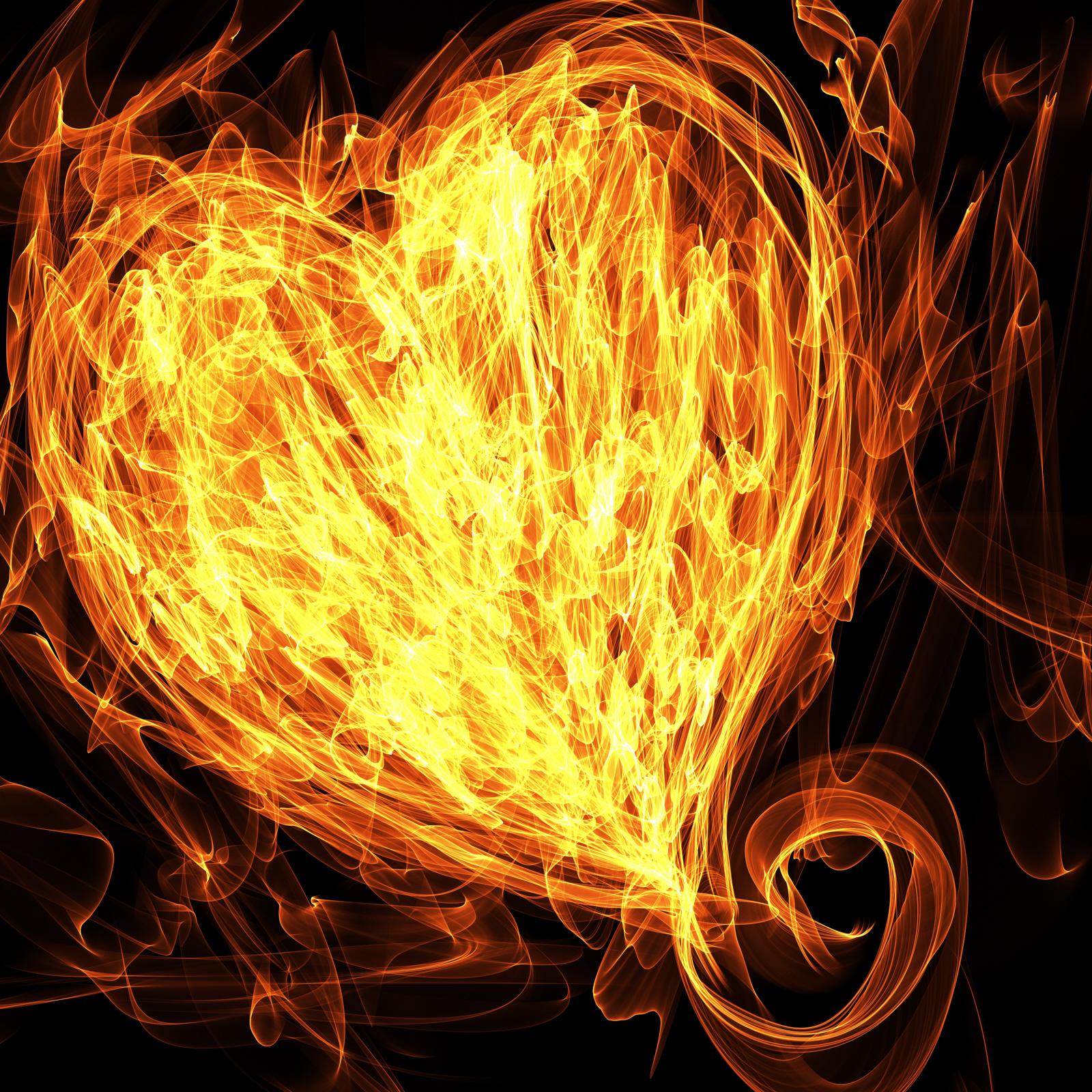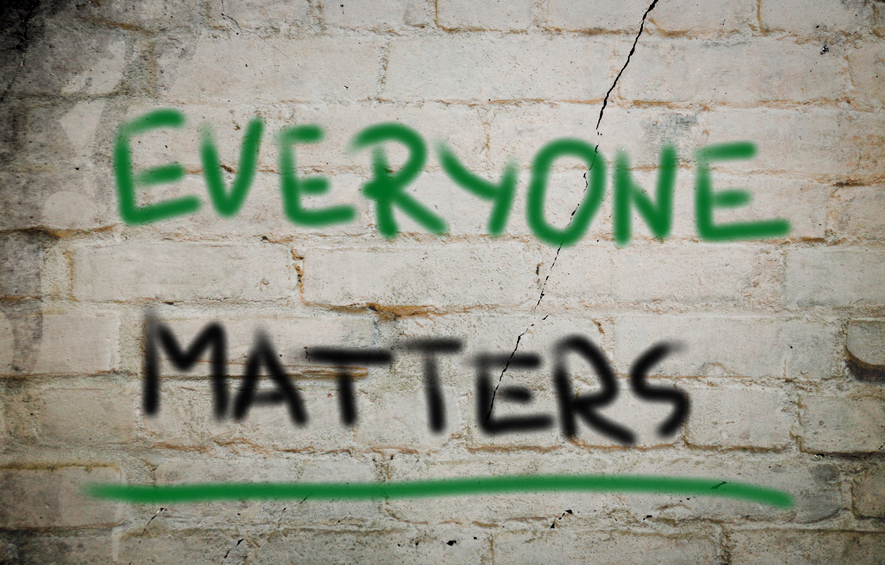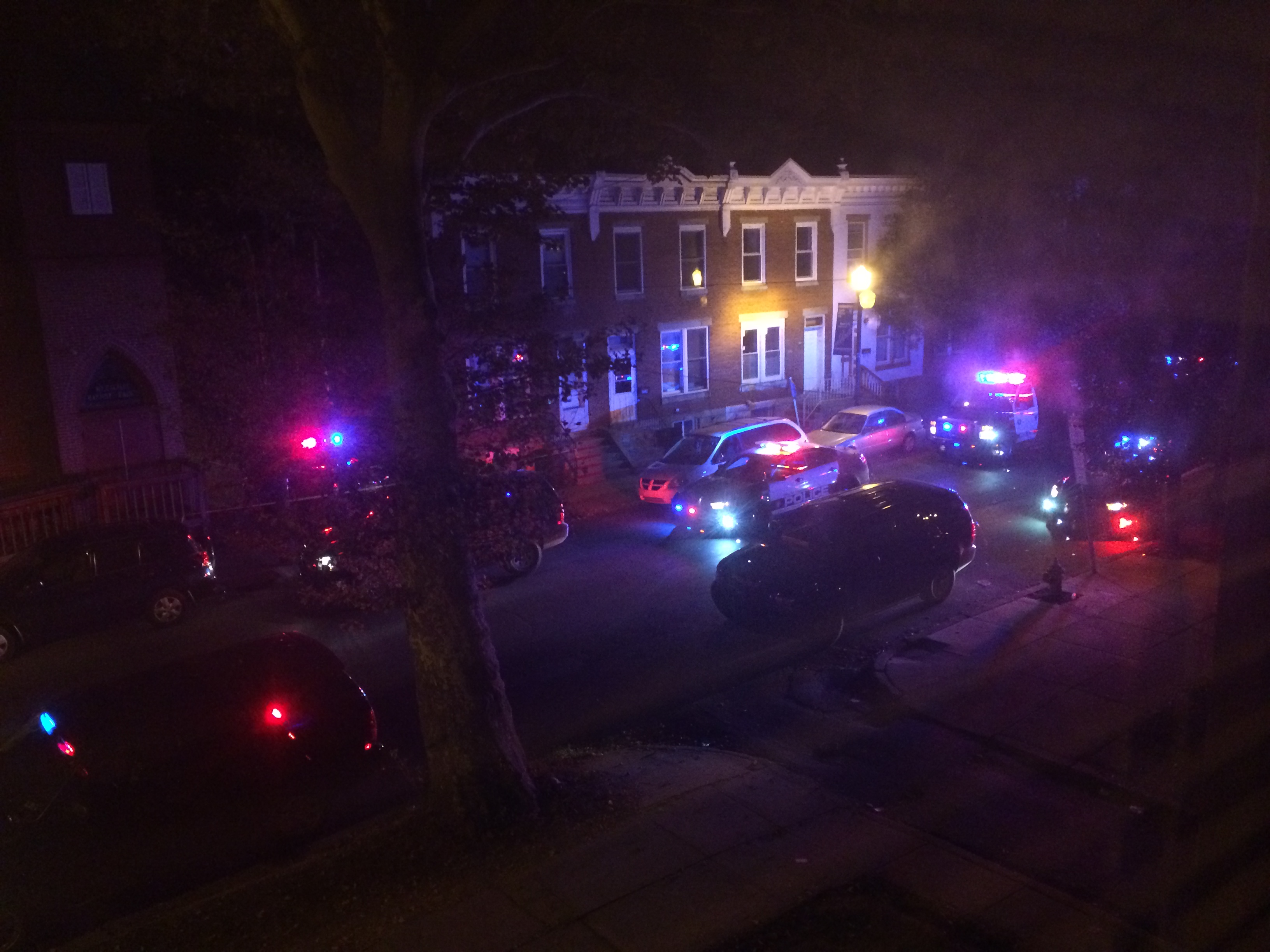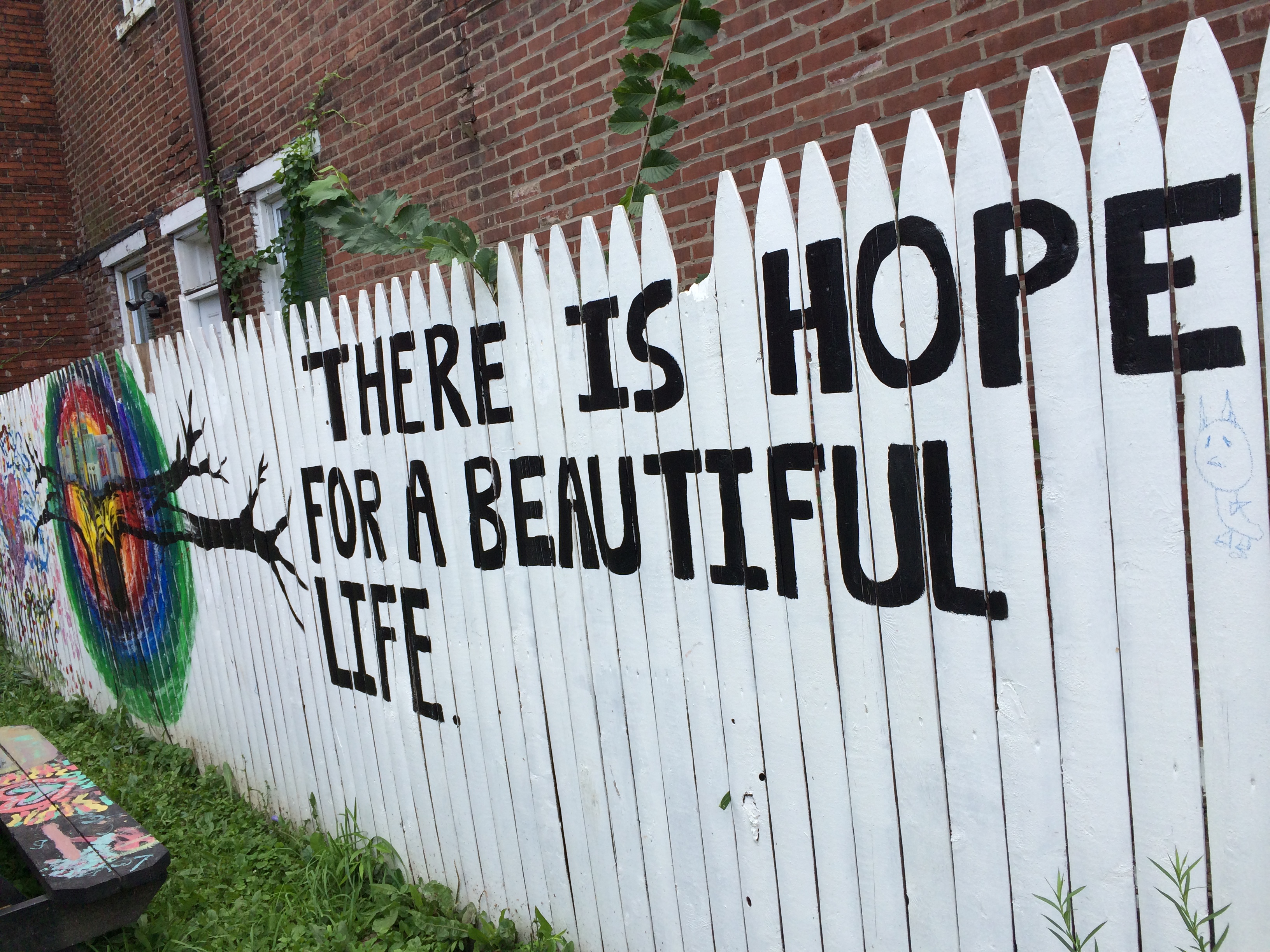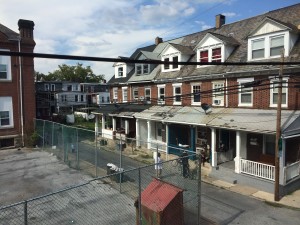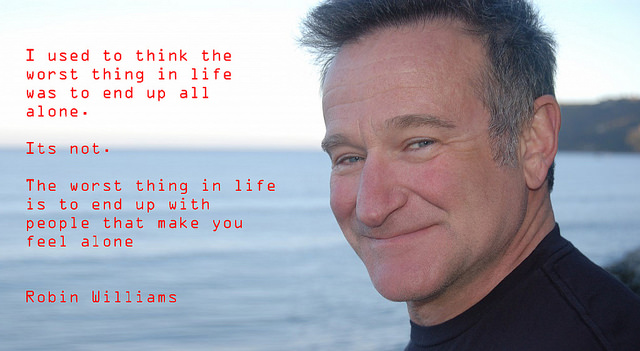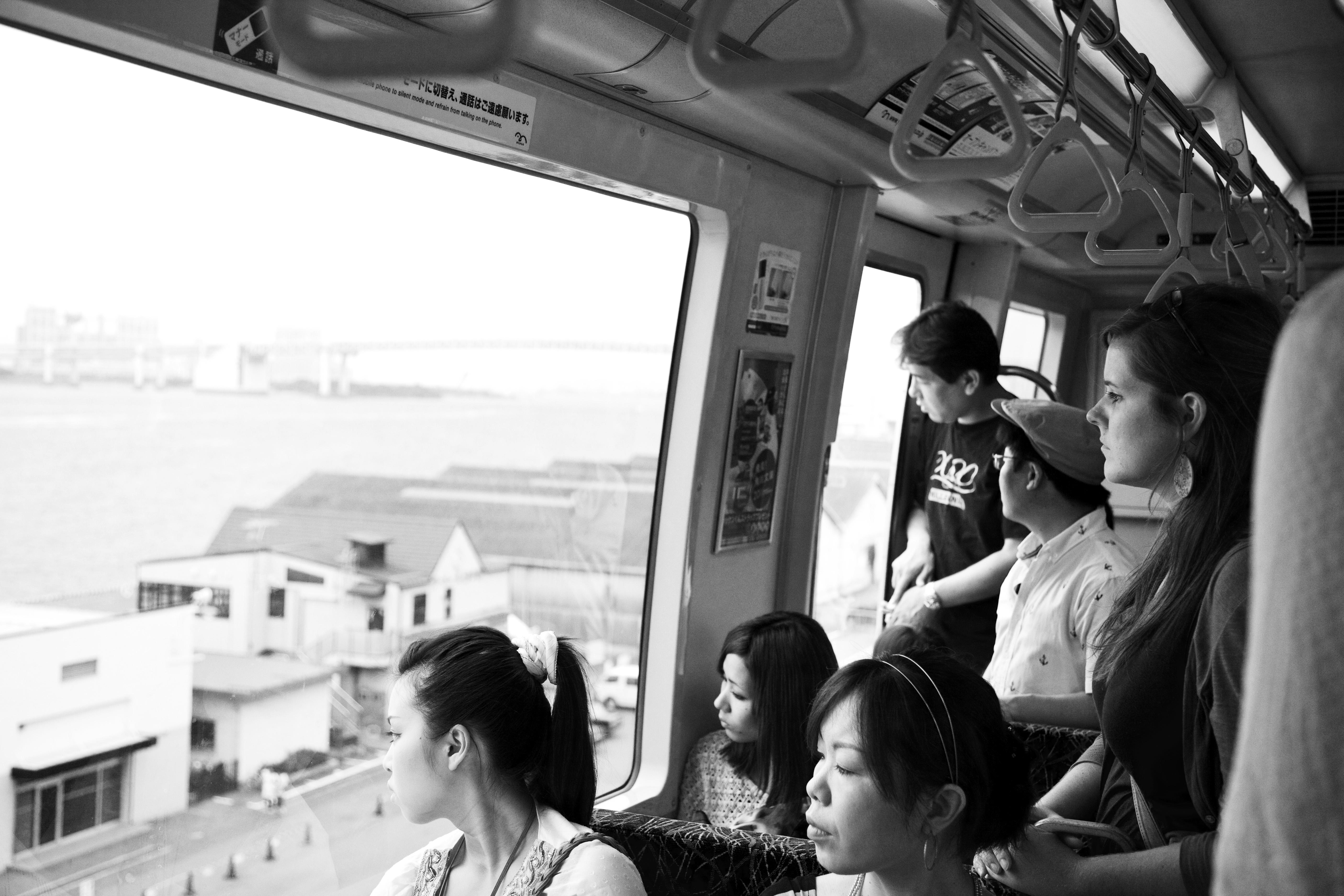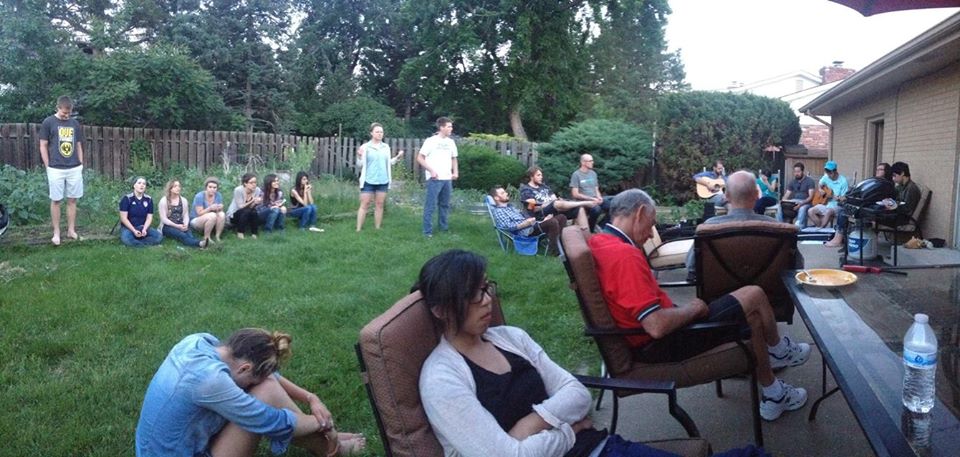When I arrived back in the States from a missions trip to Mexico a week and a half ago, part of me wanted to stay disconnected from the world for a little while longer. So much pain, so much heartache … it hasn’t seemed to relent lately. I remember my friend Mark Royalty losing his father last year, so I was a bit shell-shocked when I re-connected to the information hub and discovered that his mom was right in the middle of a 3-month battle with terminal cancer.
Sunday was quickly fading away as I stepped into the shower at my host home in the Arizona desert. I began to wonder what it would be like to lose my parents. They’re perfectly healthy, and if they live to be one hundred I’ll have some 40+ years left with them, but that is not enough. I can’t imagine how my friend Mark must feel—losing his father while at the same time trying to be a father himself. Something about it just doesn’t seem right; it seems so off from the way things were designed to function. And I know that God didn’t create death; that He originally intended us to live forever in unbroken connection with Him, back before sin entered the scene and gave way to death.
A week later, Mark was speaking at a men’s conference in South Dakota when he received word that his mother had passed from this life into the next. She was only 64.
“She told Misty to help her fix her dress, because Jesus was coming and she wanted to look nice for Him. She had an eternal hope, you know,” he told me on the phone a few days later. There was a deep sadness in his voice. I’ve always known Mark to have a lot of fight in him, but at this point, he just seemed exhausted.
“She seemed fine when we saw her at Christmas,” he told me. “And then she went to the doctor in January, and we found out she had cancer. It was just 3 months, and when we saw her last weekend, I couldn’t have imagined she’d be gone within a week. But on Wednesday, they told us there was nothing they could do but make her comfortable, and she was gone by Saturday night. I got the call when I was driving home, and realized she had passed away right in the middle of my message.”
A thick tension hung in the air as Mark spoke of the events that had unfolded over the last few weeks. He was talking much quieter than normal, and I could nearly feel the weight of the burden he was carrying in his chest.
“I haven’t even had time to grieve,” he told me.
I didn’t know how to feel. A part of me wanted to drive to Kansas City and just sit in the room with him. No words, just sitting in silence and taking the pain head on. There’s something about getting down in the dirt and sharing in someone’s suffering that touches a much deeper place than words alone can. And then there was another part of me that wanted to get angry, that wanted to throw punches at the air and break things. There’s a kind of sadness that can only be expressed in anger; if you’ve ever experienced any sort of injustice, you know exactly what I mean.
This isn’t right! This isn’t how the world is supposed to function! And so you scream and yell, and you let the tears flow until things start to make sense again, until you feel the peace of God rush in and fill the void that the pain has left vacant on its exit.
I was in East Texas last week, at a ministry night with my friend Nic, who is a missionary to Brazil. That night, Nic peeled open his soul and gave us a front row seat to one of the most difficult seasons of his life. But it’s not one of those times in the past, one of those times that has long since healed. Instead, Nic talked about the pain he and his family were going through—while they were still right in the middle of it. It wasn’t clean and sanitized and appropriate for church. It wasn’t one of those stories where Jesus shows up and everyone lives happily ever after.
“As the leader of our ministry, my whole staff and family was looking to me for answers, and I had none,” Nic said. “I was more broken than I had ever been in my life. I still remember the night we got the news; Rachael and I didn’t know what the answers were, so I grabbed my guitar and we went out on our front porch and began to sing.”
As Mark and I talked, I thought back to Nic and Rachael on their front porch in Brazil, singing of the goodness of God on the worst night of their lives. And I wondered if I could do that, if I could survive the fallout of unspeakable pain and still tell God how good He is in the midst of it.
“You know, Mark,” I began. “My problems don’t seem so big anymore.” I laughed, knowing a new problem had been introduced into the equation, a problem we experience as a side affect to a broken world tossing our friends end over end, like a flimsy raft lost at sea. Just like my friends Nic and Mark, I was faced with the same choice of whether or not I still believed that God is good.
It seems so elementary, but it’s a question we must face when faced with pain.
When I hung up the phone, I thought of Gwen Royalty, asking her daughter to help her fix her dress, because Jesus was coming. Right there, in the midst of her pain, she saw Jesus. She’s with Him now, drinking deeply of the life that will never end, the life that can never be cut short by sin or death or cancer. Someday, I’ll get to meet her, and we’ll both look Jesus in the eyes, we’ll both hold out our arms to receive the life that He offers.
I still believe that God is good—that He’s good all the time, not just some of the time. I still believe that He shows up in the middle of our deepest pain, right when we’re wondering how life could go so wrong, how such terrible things could happen. He meets us at the intersection of death and life, at the crossroads of fear and trust. He meets us there, not with answers, but with Himself instead. And I know that no matter what happens in my life or the lives of my friends, He will always be there, holding out His life that’s stronger than death.
Fear not, my child, there’s only love at the end of the world.
Friends, the Royalty family is in need of our help. Mark’s mom did not have life insurance, which has left the family to deal with thousands of dollars in final expenses. If you are able, I would ask that you consider donating $10 to her memorial fund. If a thousand of us will do this, their expenses will be covered. Please contact me for more information.
“Now the full number of those who believed were of one heart and soul, and no one said that any of the things that belonged to him was his own, but they had everything in common. … There was not a needy person among them, for as many as were owners of lands or houses sold them and brought the proceeds of what was sold and laid it at the apostles’ feet, and it was distributed to each as any had need.” Acts 4:32, 34-35, ESV
